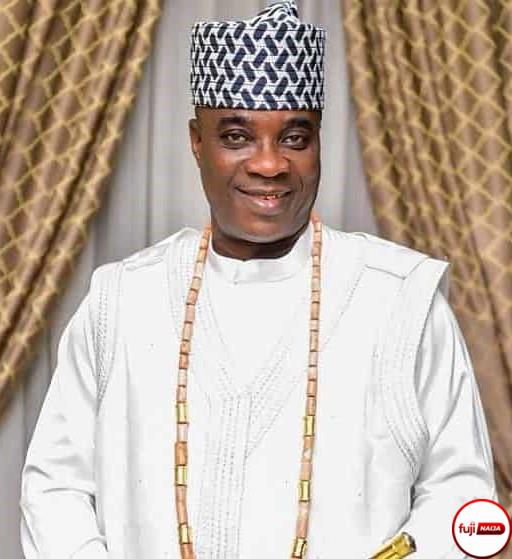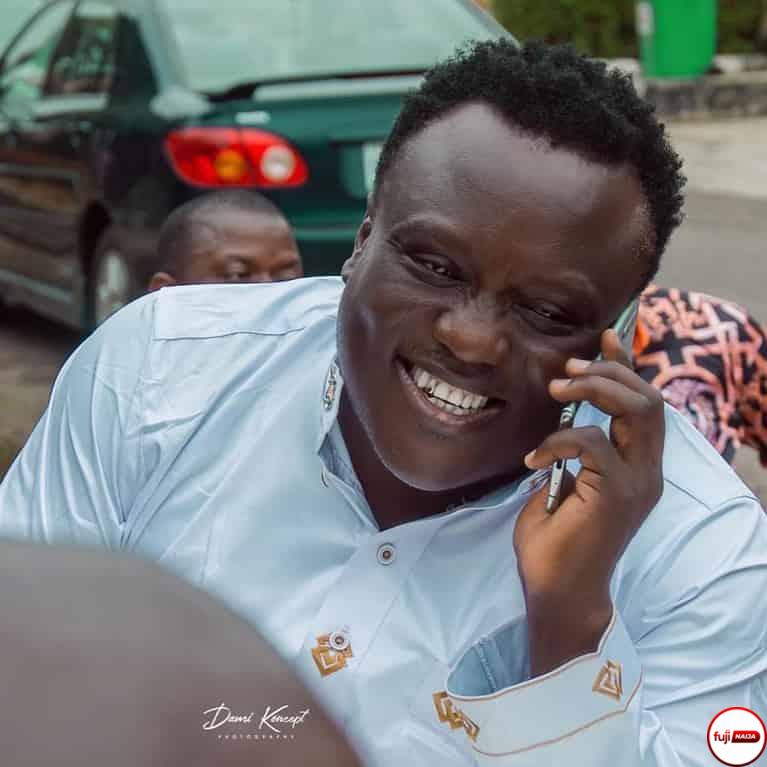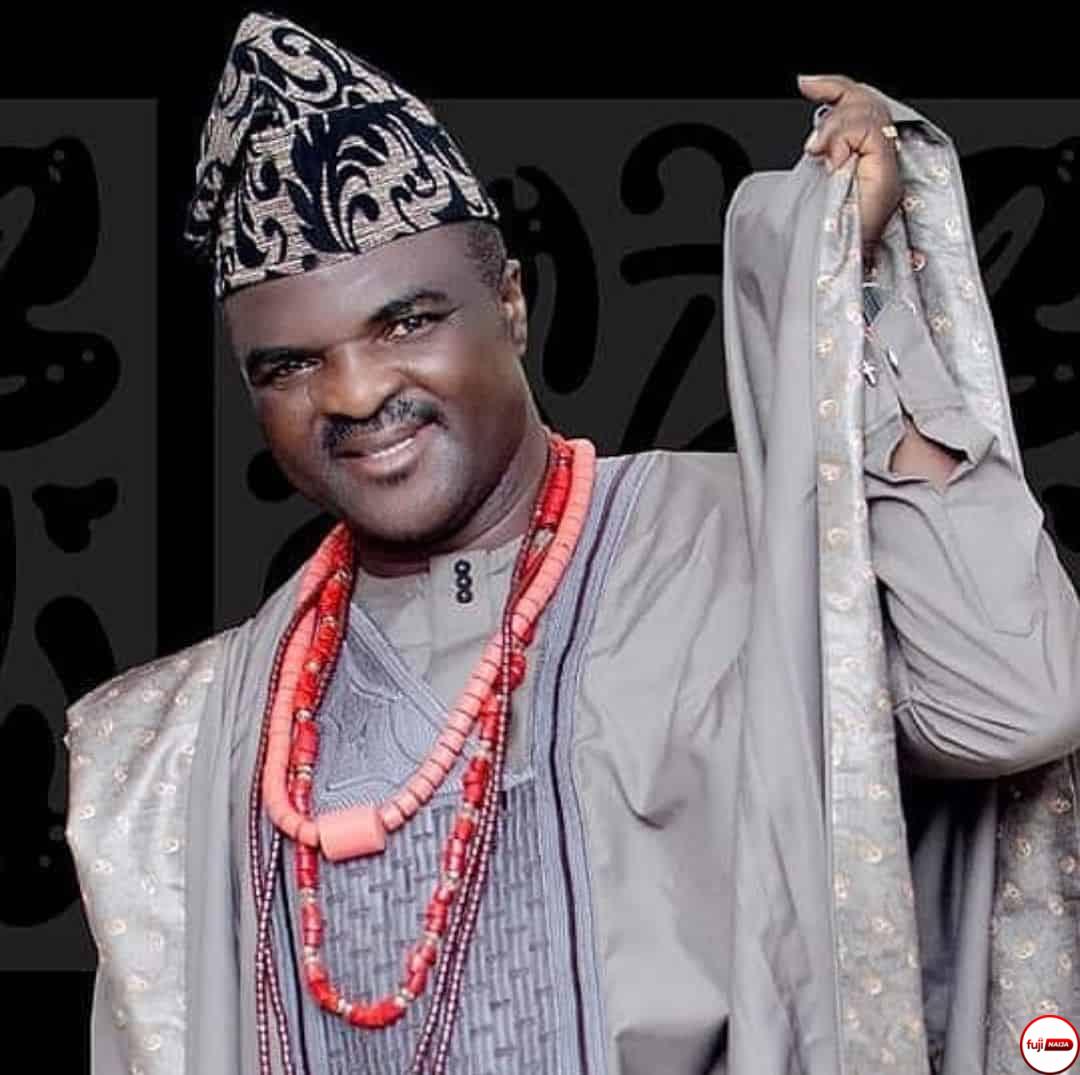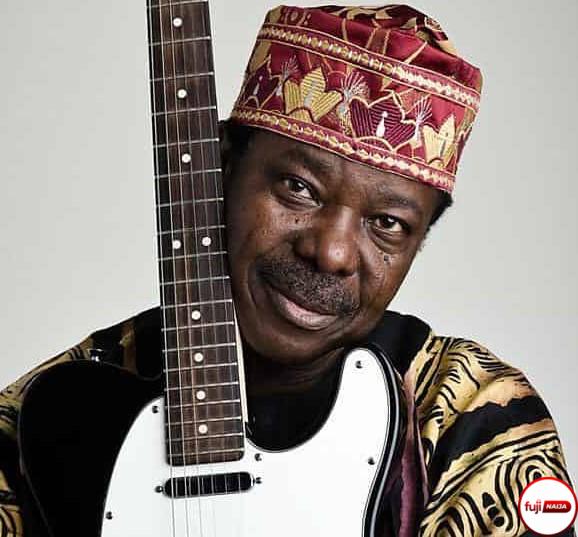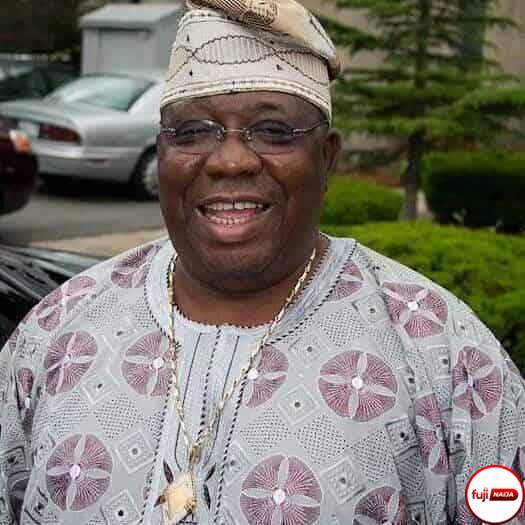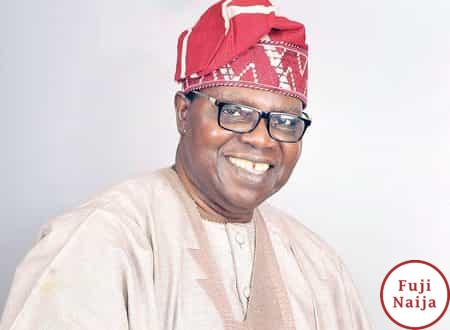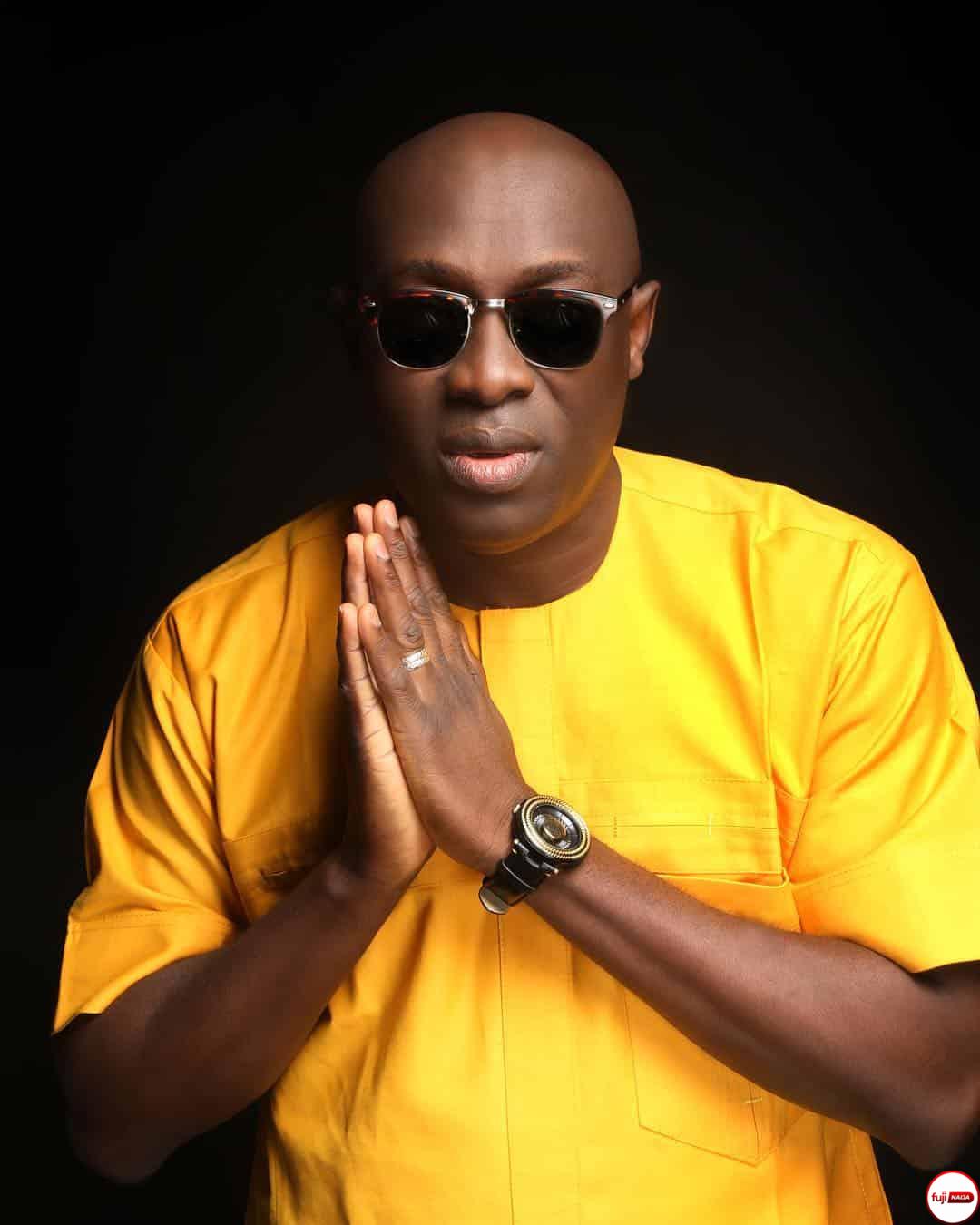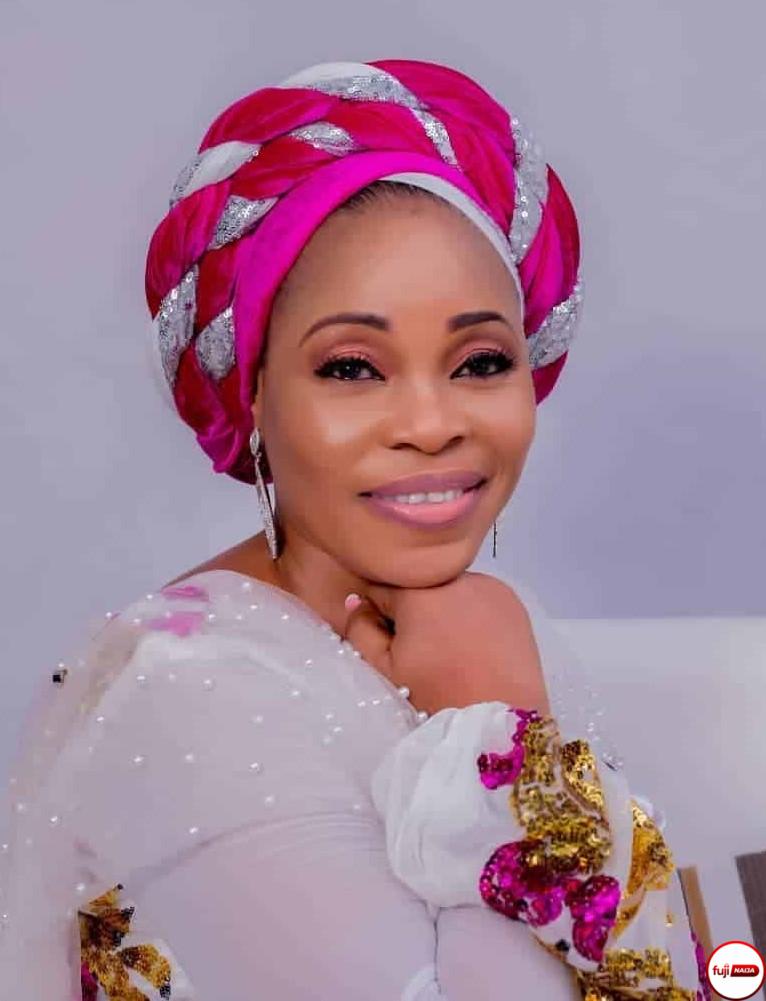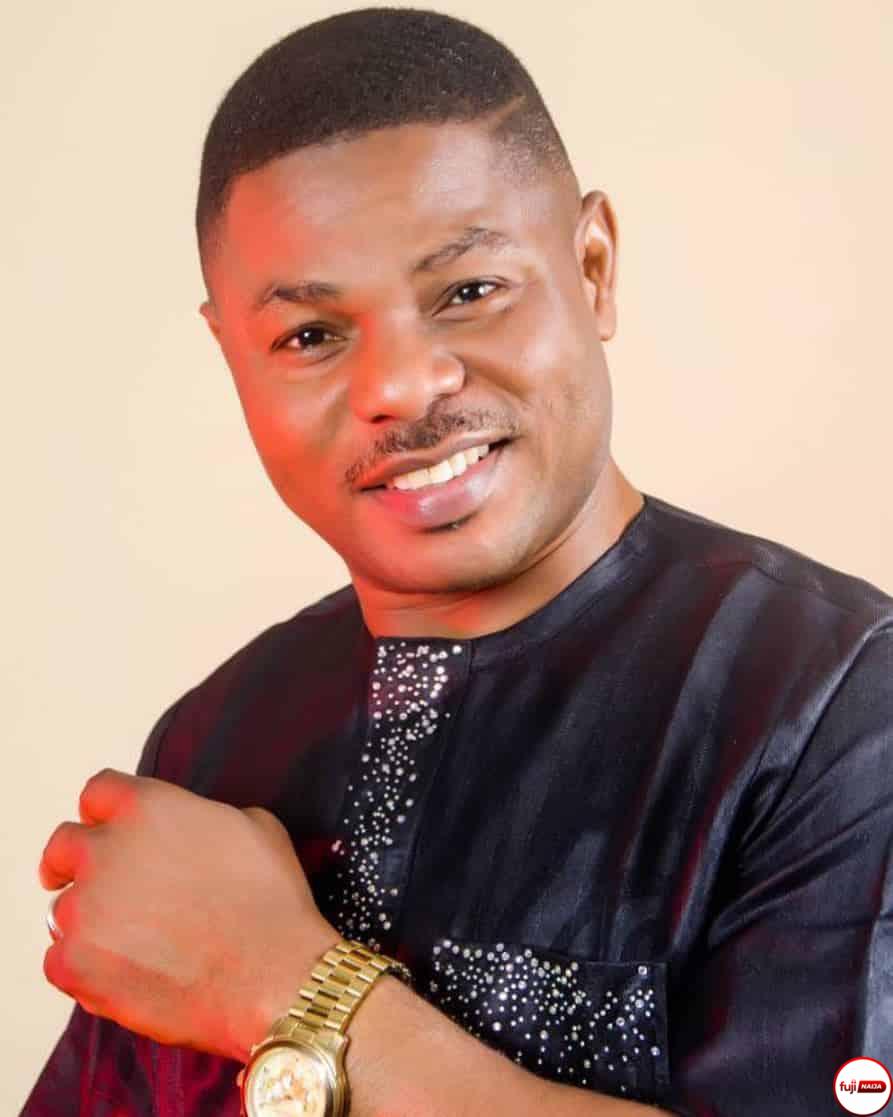Open Letter To Baba Akintoye And Baba Akingba
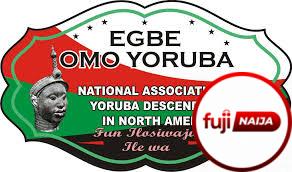
Esteemed Leaders,
It is with a high degree of responsibility that the Yoruba Referendum Committee writes this Open Letter to your esteemed selves, as part of our intervention on issues begging for answers within the Yoruba Nation today.
(1) While we do not and indeed cannot feign ignorance of the storm currently buffeting the political and organizational initiative both of you have co-founded and are leading ( the Yoruba World Congress), we have no doubt at all in your ability, capability and wisdom to ride the waves and tame the currents well enough to facilitate resumption of navigation towards the desired destination. Our confidence in both of you is rooted in the solid reputation you have built in your separate but related contributions to the defense of the Yoruba Nation and her quest for Self- determination. While we earnestly await the resolution of the political and organizational glitches which we trust your selfless disposition and sacrificial commitment will bring to fruition very soon, we wish to request again your attention to the historic opportunity which Providence presents before our nation to fulfill her destiny – the Yoruba Referendum Project – the attainment of which in your lifetimes will be a befitting crown to all your efforts.
(2) Sirs, we are re-inviting your attention to this Referendum Project because both of you are not only directly engaged in the Yoruba Referendum Committee, you have also provided quality leadership towards its gestation and birth in terms of intellectual perspectives and practical methodologies. We, therefore feel duty bound to humbly but strongly call on you now to renew your commitment to that Idea, that Agenda which, to all intents and purposes, appears to be the WAY, the peaceful WAY to achieve Yoruba Autonomy within a Nigeria reconfigured as a Multi-National Federal State.
(3) The Yoruba Referendum Committee is aware that individuals play their parts in history, but they do not, as individuals, determine the circumstances under which such history is made; otherwise, it will be taken as an article of faith that such individuals create moments of reckoning for their People when it is the other way round. In other words, individuals respond to the circumstances they find themselves, for the good or ill of their societies. Our history bears witness. Limiting ourselves to the immediate past of the anti-military struggles, the failure to achieve Yoruba Autonomy at the end of military rule in 1998/1999, despite holding the Nigerian Post-Colonial State by the jugular, created a vacuum in Yoruba National leadership, consequently leading to a state of anomie in Yorubaland.
(4) The Nigerian Problematic, that manifests in various forms, as military rule; Water Resources Bill; RUGA; banditry or terrorism; Unitarization; all within the context of unsuitable, bigoted economic and social philosophies of colonial exploitation, resulting in vicious cycle of continuous human and material underdevelopment of the Peoples of Nigeria. Attempts at legitimizing this contraption through arbitrary and whimsical serial tinkering with the so called Grundnorm, the latest of which is the ill-fated move by the Central Legislature to review the 1999 Constitution, have all ended up to further atomize the Nigerian Problematic rather than confront and re-configure it in a holistic and fundamental manner.
(5) The Yoruba Responses to all of these can be broadly categorized as follows: one, the uncritical adoption of the report of the 2014 Jonathan Conference and its emphasis on state police, state constitutions ; two, the clamor of Nigerian National Referendum on a new Constitution for Nigeria; three, the varied efforts by several groups, demanding Self-Determination or Independence through protests and demonstrations; four, the utilization of existing governing state administrations for purposes of development; five, the quest for a Yoruba President of the Nigerian Post-Colonial State. These reactions have resulted into a well-documented damage to the existential paradigms of various Nationalities in Nigeria by the Post-Colonial State, which, by definition and operation, is a NEGATION OF THE NATIONALITIES.
(6) It is within the context of Nigerian Problematic and its attendant negative consequences that the Yoruba Referendum Committee is calling for a Yoruba Referendum, to situate all of the various responses by the Yoruba Nation under one methodology of resolution, pursuant to which Article 10 of the Bill for a Referendum provides Constitutional Council of Western/Oduduwa Region shall be vested with powers to present and represent the views of Western/Oduduwa Region and negotiate on behalf of the Western/Oduduwa Region with all the agencies of the Nigerian Government and non-Governmental organizations involved in the process.
(7) The Referendum together with its outcome not only represents the expression of the aspirations and expectations of our people, it also provides the JUSTIFICATION and LEGITIMACY of our quest for AUTONOMY. Beyond all this, the Referendum as well as its positive outcome provides our people the platform for relations (negotiations and consultations) with other Peoples and Nations within and outside the Nigerian Post -Colonial State.
(8) Scotland, Catalonia and Quebec, went through similar experiences, where, despite the differences in leadership and varieties of strategies, from electoral pursuits by their Nationalist Parties to non-governmental organizations clamoring for Autonomy and Self-Determination, all anchored on establishing not only the will of their Peoples but also the Legitimacy of their demands; the contrasts and contradictions eventually brought under the aegis of their Referendums, leading to their different stages of Sovereignty being enjoyed today, and these, despite fierce resistance by their Central Governments, who, each in its own way, tried all in its power to scuttle the movement for Sovereignty.
(9) Their Referendums provided the pathway towards the resolution of not only their internal contradictions but also the alternative State Structure for an Autonomous Quebec; transition from devolved power in Scotland to a settled Scottish Regional Autonomy, and this, still pursuing Scottish Independence, while Catalonia was also able to restore its Regional Autonomy with further prospects for Independence.
(10) The Yoruba Referendum Committee is therefore calling on you ,our respected leaders to, as a matter of urgency to throw your significant weight behind the entire process beginning with this Committees efforts to convene a Yoruba Consultative Assembly as the popular democratic institutional launch pad and build-up preparatory to the presentation of formal request(s) to the Houses of Assembly of Lagos, Ogun, Oyo, Osun, Ondo and Ekiti States to pass the Bill for a Referendum into Law. It goes without saying that this process will provide a sound basis and back -up for the demand for Referendum by the Okun in Kogi State to determine their relationship with their Yoruba kith and kin.
(11) This Referendum pathway will reset the resolution of any issue in Yorubaland within the political, social, cultural and economic paradigms of the Yoruba Nation by reducing its subordination to the imperatives of the Nigerian Post-Colonial State; itself requiring the redefinition and reconstitution as “A Federal Nigeria, through a valid Federal Constitution, to be known as The Union of Nigerian Constituent Nationalities, with a Federal Presidential Council, whose members will be selected or elected from each of the Nationalities as Federating Units and from whom a Head of State will be selected or elected as the primus-inter-pares with an agreed term.
Thank you, Sirs.
The Yoruba Referendum Committee
You may also like
- Categories:
Uncategorized


